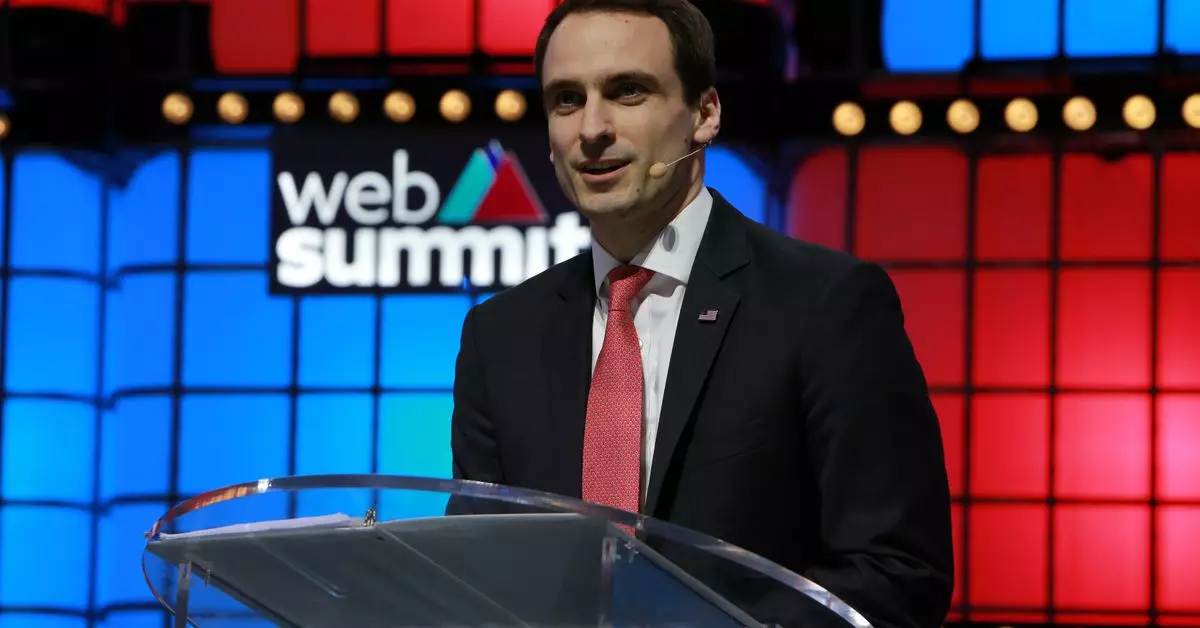In a new chapter for the tech landscape under Donald Trump’s anticipated administration, a series of key appointments have been announced, emphasizing a robust approach to technology policy. Trump recently took to Truth Social to introduce his selections for a tech policy team, which will operate under the guidance of David Sacks, appointed as the “AI and crypto czar.” This move indicates a keen focus on integrating technology policy with broader governance goals, particularly emphasizing artificial intelligence and cryptocurrency.
Donald Trump’s selections bring both experience and ambition to the forefront of tech governance. Michael Kratsios, whose track record includes serving as the White House chief technology officer during Trump’s first term, is set to lead the Office of Science and Technology Policy (OSTP) if confirmed by the Senate. His previous tenure not only demonstrates his understanding of the intersection between technology and policy but also hints at a continuity of vision from the past administration.
In a strategic move, Trump has also opted for Dr. Lynne Parker, his former deputy CTO, to serve as the Executive Director of the Presidential Council of Advisors for Science and Technology. Parker’s role underscores the administration’s commitment to science and technology as drivers of economic growth and innovation.
Moreover, Bo Hines, a former college football player and failed congressional candidate, is likely to spearhead the Presidential Council of Advisers for Digital Assets—dubbed the “Crypto Council.” Although Hines lacks extensive background in technology, his appointment suggests an attempt to attract a younger demographic and possibly leverage sports fame to gain traction in the evolving landscape of digital currencies.
The selection of Sriram Krishnan as an AI policy advisor within the OSTP introduces a figure who embodies the fusion of technology and entrepreneurship. With substantial experience in high-profile tech companies such as Meta and Snap, Krishnan’s insights are poised to influence AI development significantly. His role indicates that the administration seeks to not only keep pace with technological advancements but possibly to lead the charge in AI policy formulation and beyond.
Trump’s reliance on Sacks, known for his close ties with influential figures like Elon Musk, aligns with a broader narrative of leveraging private-sector expertise. Musk’s recent contributions to public discourse on spending initiatives signal a shift toward incorporating industry leaders’ perspectives into government functioning.
As this tech policy team gears up for what promises to be an ambitious agenda, the implications of their work could resonate across various sectors. With a focus on technology’s evolving role in governance, the administration appears set to prioritize innovation while grappling with the challenges posed by regulation and ethical considerations.
The new appointments mark a commitment to revisit and revitalize the dialogue surrounding technology and its governance. With a blend of seasoned experts and fresh faces, Trump’s tech policy team looks to navigate the complexities of a rapidly evolving digital landscape, potentially reshaping the relationship between government, technology, and the public. The coming months will reveal how these selections translate into actionable policies that align with current technological advancements and societal needs.

